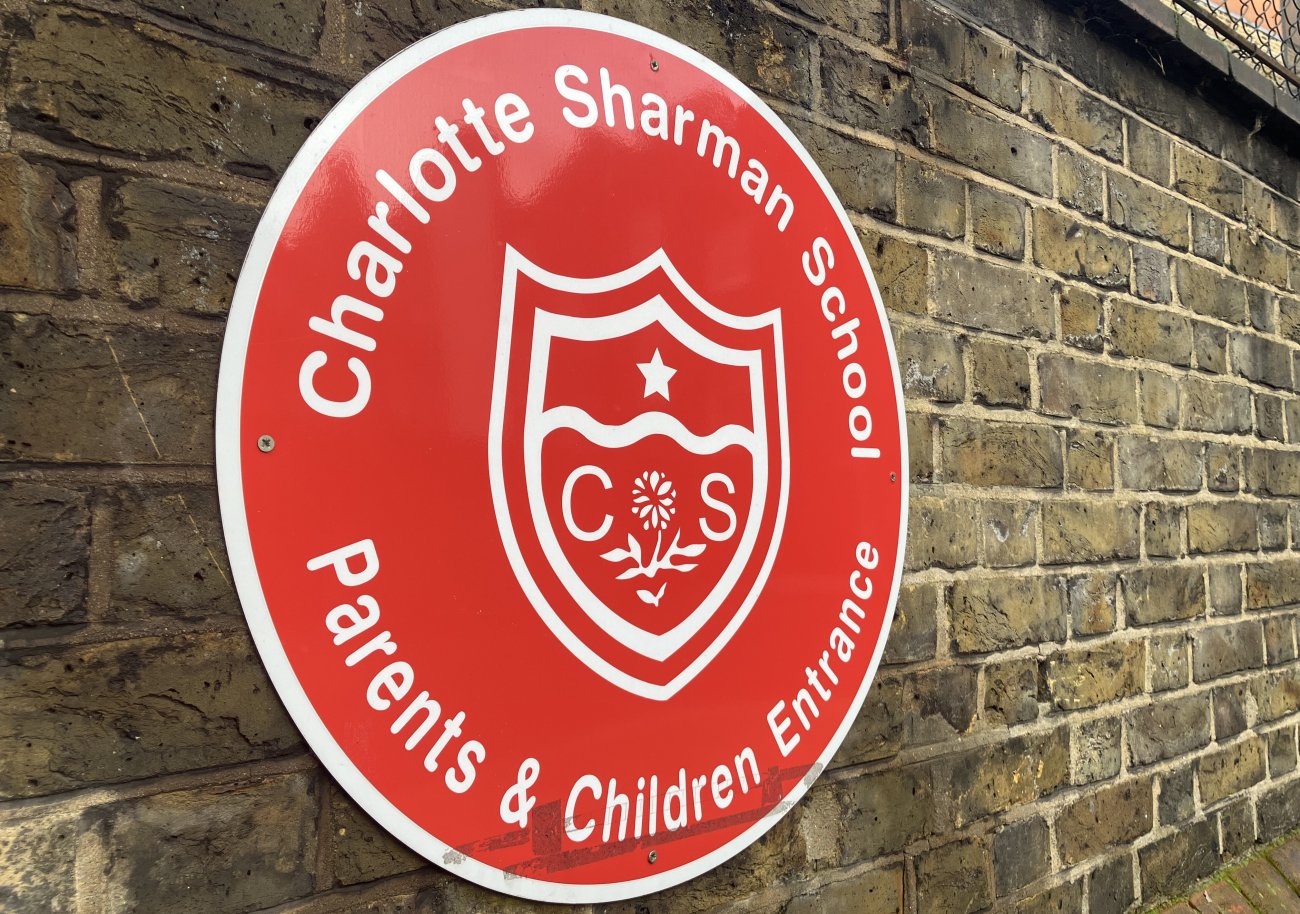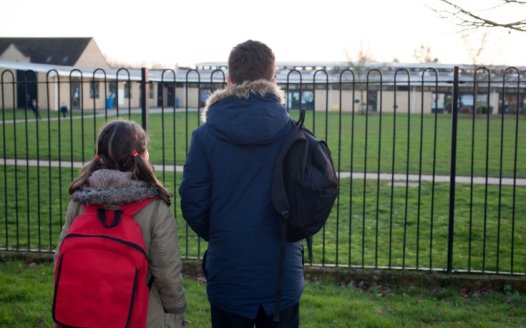Faith school takeover proceeds despite overwhelming opposition
Posted: Tue, 23rd Apr 2024
NSS: Governors 'concealing' strength of feeling against Church of England ethos.
School governors in Southwark are pushing ahead with plans to merge a non-religious school into a local Church of England school despite overwhelming local opposition.
The proposals would merge Charlotte Sharman Primary School, which has no religious character, with St Jude's Church of England Primary School.
The resulting school would be a voluntary aided (VA) Church of England faith school.
The local diocese is understood to have demanded the new school adopt St Jude's religious character, even though Charlotte Sharman is the larger of the two schools and has a higher percentage of places filled.
The extent of the opposition to the new school being a faith school was revealed in a draft report on the consultation - but these findings were concealed in the final, published version of the report.
VA faith schools can select 100% of their pupils based on religion if they are oversubscribed. They can also use a religious test in appointing, promoting, disciplining and setting the salary of any teacher. Most governors of VA schools are 'foundation governors', appointed to represent the religious body.
The National Secular Society has written to Southwark Council, who will make the final decision on the plans, urging them to oppose the takeover.
Governors 'concealing' strength of feeling against faith ethos
Parents, children, governors and staff at the two schools were asked their views on the merger in a consultation, the results of which were published as part of a 'full proposal' last week. Nearly three quarters of respondents (74%) opposed the planned merger.
An earlier version of the proposal, seen by the NSS, noted there were 67 comments related to the faith ethos of the resulting school. This statistic has been removed in the newly published proposal.
The earlier version noted consultation respondents said "they would have chosen a faith school" had they wanted a religious education for their child. Fears were expressed around "Christian worship being forced on the children". The merger was seen by some as "not promoting the inclusive ethos that is suitable for children of all backgrounds".
A number of respondents said they might remove their children from the school "because of the faith status", while others said it was "unjust" to impose religion on those who "have intentionally chosen a non-faith school". These remarks have been removed from the newly published proposal.
The removal appears to be at odds with the governors' promise to be "transparent".
A second, formal consultation does not include concerns about the faith ethos of the resulting school as a default response option, despite it making up the vast majority of concerns in the first consultation.
Furthermore, governors stated "it was agreed by both Governing Bodies that the new school would retain the Voluntary Aided status of St Jude's". No explanation is provided for why this was agreed to.
St Jude's explicitly privileges Christians in admissions
School governors also claimed there was a "need to clarify misconceptions" about what a Church school is like. They claimed CofE schools are "welcoming and inclusive" despite St Jude's explicitly privileging Christians in its admissions policy.
They failed to mention that St Jude's explicitly allows discrimination against non-Christians in its admissions policy, which reserves 20 places each year exclusively for "pupils whose families are faithful and regular worshippers in an Anglican or other Christian church" if oversubscribed.
Governors further claimed the amalgamated school "will be reflective of its community" despite students from Christian backgrounds making up only 31% of the student body at St Jude's and 17% at Charlotte Sharman.
They also omitted to mention that St Jude's collective worship policy states each class is required to pray before lunch each day, in addition to the daily acts of collective worship required by law. At VA schools, collective worship must follow the religious ethos of the school's designated religion.
Additionally, faith schools can teach Religious Education and Sex Education in line with the tenets of their religion. At CofE faith schools, RE is inspected by the CofE, rather than Ofsted.
Further concerns: staff morale and SEND provision
Concerns about the impact on staff morale was also raised in the responses. The ability of VA schools to discriminate against staff on the basis of religion was not mentioned by the governors.
Respondents also raised concerns about the resulting school's Special Educational Needs and Disability (SEND) provision. New research has revealed faith schools are less likely to admit students with SEND, as well as children in care and socio-economically disadvantaged children.
Following the publication of the consultation results, the process enters a formal four week representation stage, during which people and organisations can submit comments on the proposal.
A petition set up by Southwark National Education Union to defend the secular ethos of Charlotte Sharman has attracted over 900 signatures. It notes Charlotte Sharman "serves the diverse community" of Elephant and Castle and is "an inclusive, community school" without any emphasis on any particular religious belief.
Last year, the Church of England published a report which unveiled their plans to use schools to "double the number of children and young people who are active Christian disciples by 2030". The 2019 British Social Attitudes survey found just one per cent of 18-24 year olds in Britain belong to the CofE.
NSS: 'Our education system should be open and welcoming to all'
NSS campaigns officer Alejandro Sanchez said: "It beggars belief that governors have decided to proceed with this faith school takeover plan despite overwhelming local opposition.
"It is also deeply concerning that the newest version of the proposal conceals the strength of feeling against the Church of England ethos of the new school.
"The vast majority of concerns about the merger centre around the resulting school's Church of England ethos. In their response, governors have omitted critical details about the nature of faith schools, including discrimination on the basis of religion in admissions and hiring.
"Governors must heed the concerns raised in this consultation and commit to any resulting school having a secular ethos, should the merger go ahead. The agenda of the Church cannot be prioritised over the needs of local children and families.
"In a pluralistic and increasingly secular society, our education system should be open and welcoming to all. Religiously neutral schools ensure students from all backgrounds can feel equally welcome and valued and not have other people's religion imposed on them."
The current consultation closes on May 17th.
No more faith schools
We need inclusive schools free from religious discrimination, privilege or control. Join our campaign.








